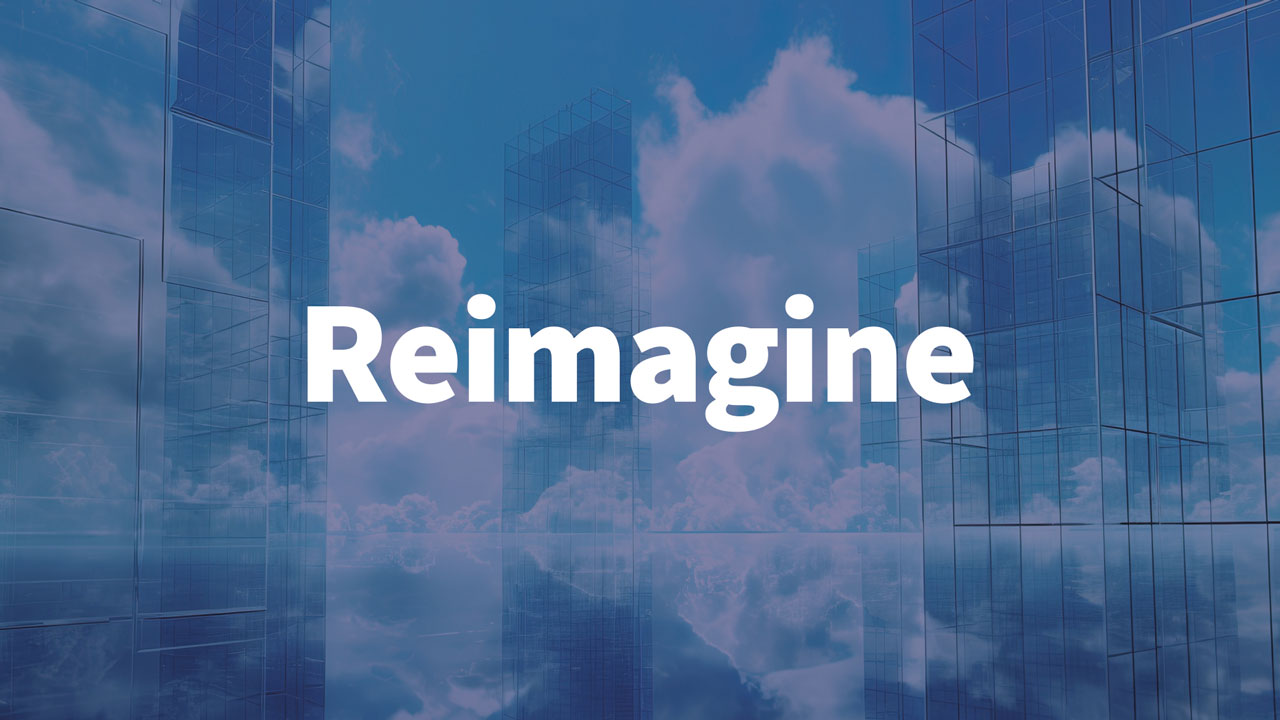
As we reflect on the outcomes of the latest United Nations climate change conference (COP28), the transitioning away from fossil fuel consumption, boosting renewable power and improving energy efficiency have been noteworthy goals. This sends a powerful signal that the energy system our human infrastructure relies on must evolve to meet these needs. We also have the opportunity to reimagine the built environment to significantly improve energy efficiency. Our collective innovations today can redefine the environment we build—whether it’s reimagining building design, reinventing supply chains, integrating nature-based solutions, or deploying technological innovations including artificial intelligence.
Together with our clients and industry partners, Tetra Tech is reimagining solutions now. Leveraging our experts’ deep domain knowledge and years of experience on thousands of projects around the world, we are tackling these challenges at scale. Leading with Science® means creating better, healthier human spaces that integrate nature. It means advocating for a dynamic, low-carbon supply chain focused on modernizing existing infrastructure, while balancing innovation and risk. It means leveraging the now accessible power of digital twins, machine learning and artificial intelligence to reveal optional and practical solutions.
We engaged with a diverse set of leaders in buildings, finance, and industry, to solicit their thoughts on reimagining a carbon neutral world. Key areas for innovation included: reforming finance and the models that support this transition as well as insuring new risks, rethinking the procurement and use of materials, and reframing our relationship with nature and the biodiversity that supports all our human efforts.
COP28 is showing us the way. Twenty-seven countries pledged their commitment to the Buildings Breakthrough, and the adopted loss and damage fund can provide a unique opportunity to promote resilient infrastructure. In addition, increasingly companies engaged in the built environment supply chain are making their own commitments to GHG reductions and encouraging others to do the same. At Tetra Tech we are committed to working throughout our projects and operations to reduce our GHG emissions by an additional 50% in-line with the global efforts to achieve the Paris Agreement’s 1.5-degree Celsius target (see our Sustainability Report).
Reimagining solutions to today’s most complex climate challenges requires a mix of science, innovation, and vision. At Tetra Tech, we believe that advancing collective knowledge on these complex topics will enable our industry to transform faster. Our Tetra Tech High Performance Buildings Group has conducted considerable industry consultation and will publish a series of reports highlighting different perspectives on how we can reimagine the solutions to the hard questions. In a world of increasing constraints, can we constrain how we build and, in the process, innovate?
Together, we can do this. And it starts with reimagining our future built environment, today.
About the author
Dr. Leslie Shoemaker
She joined Tetra Tech in 1991 and has a deep understanding of Tetra Tech, having served as president, group president, chief strategy officer, and project manager. She designed Tetra Tech’s corporate sustainability program and has served as our Chief Sustainability Officer for more than a decade. Dr. Shoemaker has facilitated leadership development through internal mentoring and training curriculum development for Tetra Tech’s Leadership Academy program. She led the formation of Tetra Tech’s Strategic Growth Initiatives program that links our high-end scientists and engineers across our operations to leverage our company’s resources in developing new markets.
Her technical specialty is in the development of analysis systems and model applications for watershed management and integrated water management solutions that incorporate water reuse and stormwater harvesting. She has led large-scale watershed studies, focused on climate resiliency and optimization of green infrastructure solutions. Dr. Shoemaker was principal investigator and lead for development of first-of-a-kind models that have helped to advance the science of water management (i.e., SUSTAIN and GWLF). Dr. Shoemaker holds a Bachelor of Arts in Mathematics from Hamilton College, a Master of Engineering from Cornell University, and a Doctor of Philosophy in Agricultural Engineering from the University of Maryland. She was inducted into the United States’ National Academy of Engineering in 2022.